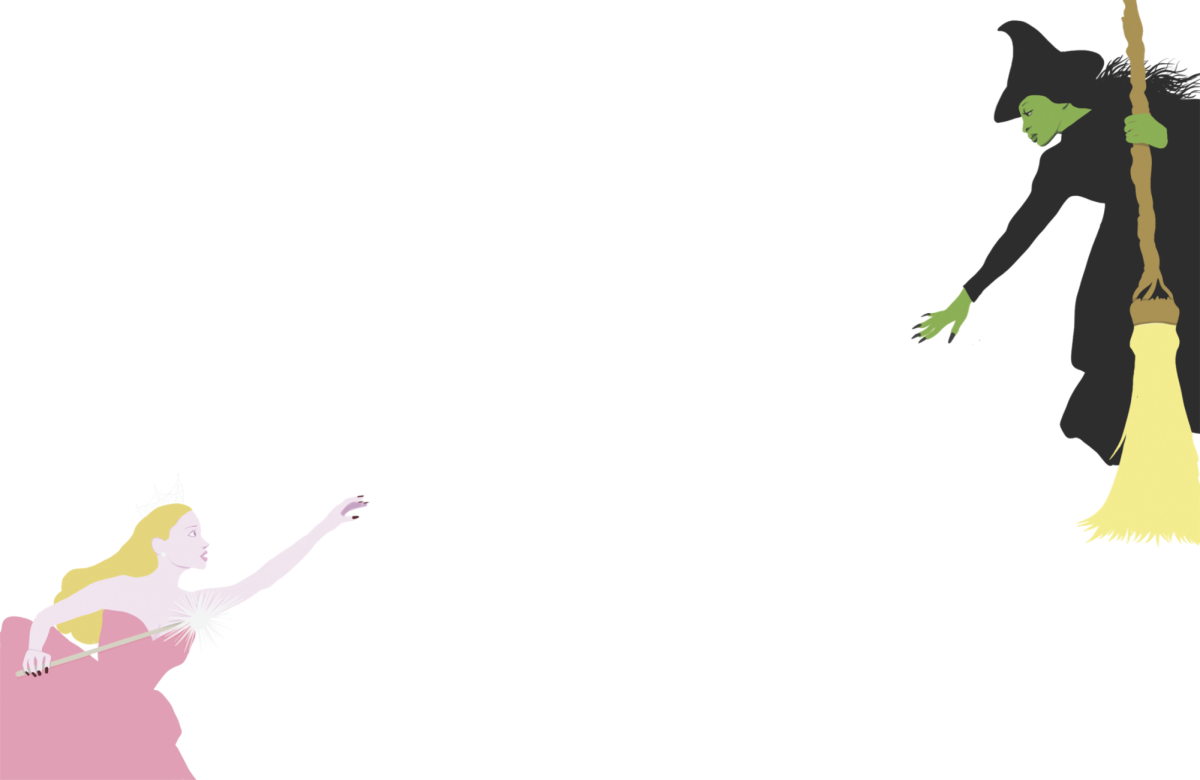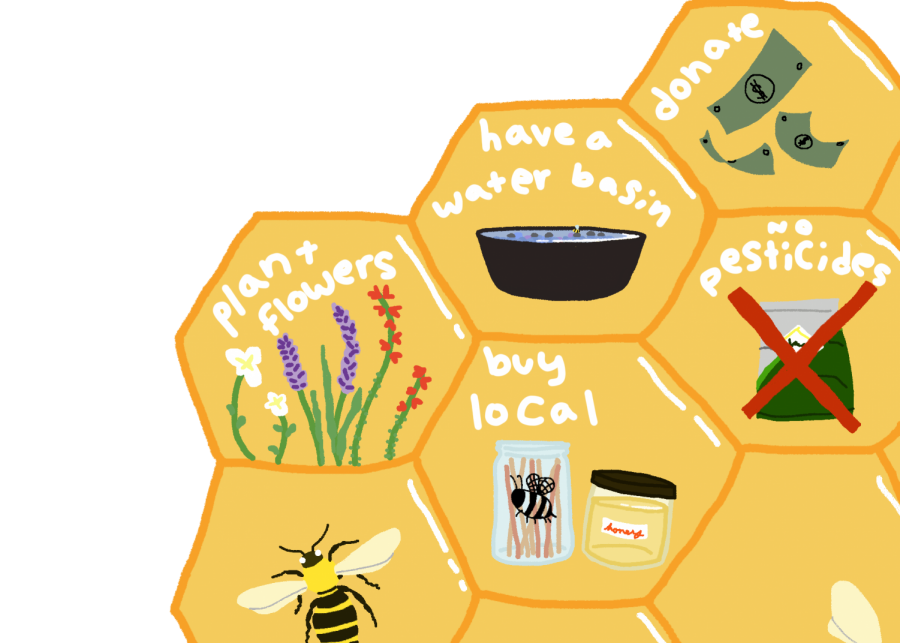All We are Saying is Save the Bees
March 5, 2019
Along with other worldwide issues like pollution or climate change, humanity is experiencing a dramatic deficit in the number of bees and bee colonies throughout the continent.
Starting in 2018, 30 percent of bee colonies have been lost each winter, dropping to 23 percent in 2013 and 2014.
These significant declines are occurring because of a variety of reasons.
To start, chemical exposure from the pesticides in contaminated crops can reach the bees through pollen, nectar, eating, drinking, and even through the air. Effects of this exposure include compromised immune response, shortened adult life cycles, impaired memory, and learning and raises the potential of death.
Also, parasites can develop as a result of pesticide use.
Examples of parasites, such as Varroa Destructor and Nosema ceranae, pose a severe threat to the bee population, mainly hurting the colonies.
New viruses and pathogens are likely to result in the loss of bee colonies in the future.
Despite the well-known fact that pesticides are extremely harmful, producers continue to create and use toxic options. Climate change is an additional cause for a dramatic decline of bee colonies.
The increasing temperature, changes in rainfall patterns and extreme weather events can affect pollinators individually or their whole community.
While all of this might seem daunting, this issue extends beyond the harm of only bees.
Eventually, the entire bee population faces extinction. Bees are responsible for 30 percent of the world’s crops, and 90 percent of the worlds live plants, the world would experience an immeasurable change in agricultural products and availability.
Bees have experienced significant changes in their overall well-being, and by taking notice of these effects, and making changes, there is a potential of raising the bee population once again.
Now is the time to act to protect bees. Individuals and institutions can get involved in this effort.
On campus, the Farm Club intends to design and plant a drought-resistant bee garden in wine barrels that will be dispersed above the middle school raised beds.
“We hope to incorporate this project into our quarter four Swoop Group curriculum and to get the school community involved,” Farm Club president Natalie McCaffery said.


































